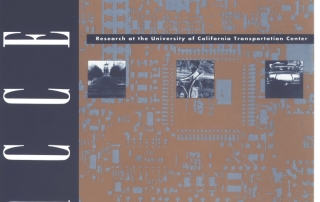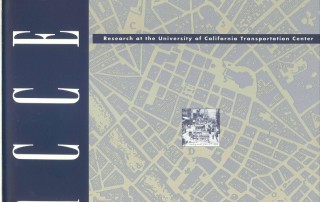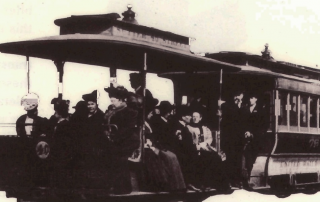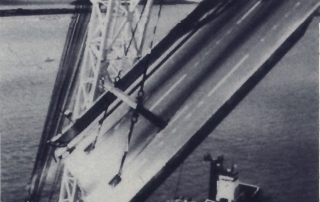Introduction
Melvin M. Webber
Despite huge reductions of noxious emissions from factories and cars, Southern California's air is still terrible. It's so bad that the state is requiring that two percent of new cars sold in 1998 be zero polluters and ten percent by 2003. Many researchers here have become preoccupied with the foul air, and so are searching for ways of making cars less obnoxious and hence better servants.




